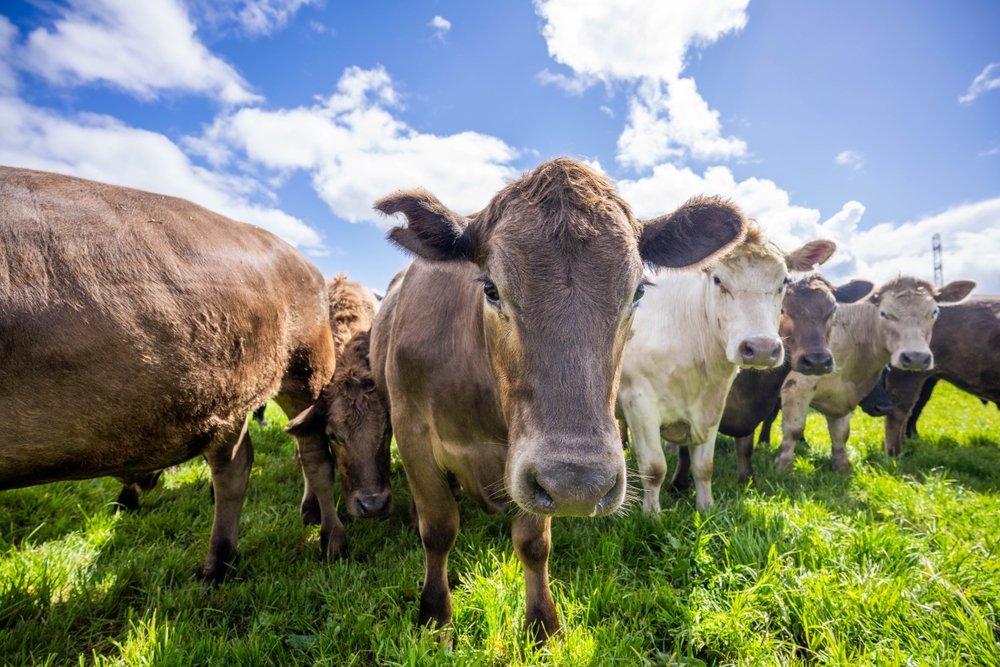The legislation is expected to be approved by Parliament after the summer recess.
Others are reading now
Taxing Methane Emissions
Denmark is set to become the first country in the world to tax livestock carbon emissions, a groundbreaking measure aimed at bringing the Scandinavian nation closer to its goal of carbon neutrality by 2045, according to Ziare.
Starting in 2030, methane emissions from cattle and pig flatulence will be taxed at 300 kroner (about $44) per ton of CO2 equivalent.
The tax rate will rise to 750 kroner (approximately $110) per ton by 2035, under an agreement reached in late June between the government, parts of the opposition, and representatives of farmers, industry, and unions.
The legislation is expected to be approved by Parliament after the summer recess.
Also read
Tax Deductions
The Danish Association for Sustainable Agriculture criticized the agreement, calling it “pointless.”
Peter Kiaer, president of the association, expressed concern about participating in what he described as an uncertain experiment that could threaten food security. He noted that New Zealand had to abandon a similar proposal due to farmer protests.
To mitigate the financial burden on Danish farmers, the plan includes a 60% tax deduction.
This means the actual cost for livestock producers will be 120 kroner (about $18) per ton of CO2 equivalent, increasing to 300 kroner (about $44) after five years. Despite these measures, the Danish Ministry of Economy estimates that around 2,000 jobs in the livestock sector could be lost by 2035 due to the tax.
Reinvested in Ecological Transition
The revenue generated from the tax will be reinvested in the agricultural sector’s ecological transition.
Currently, over 60% of Denmark’s land area is used for agriculture.
Additionally, fallowing 140,000 hectares of land is expected to enhance carbon sequestration in the soil, thereby reducing greenhouse gas concentrations in the atmosphere.
Globally, Denmark is a major pork exporter, with pork products accounting for nearly half of the country’s agricultural exports, according to the Danish Agriculture and Food Council.

